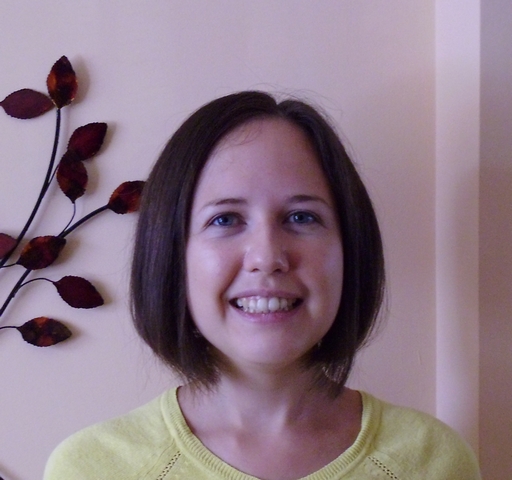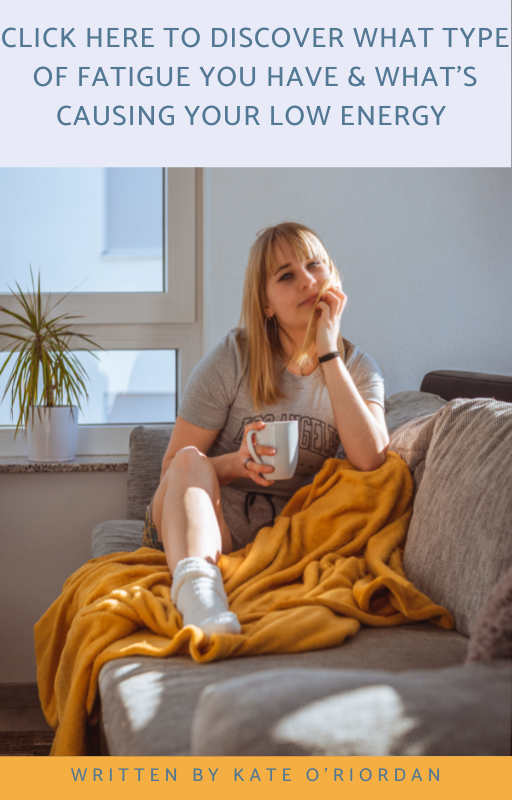Today I wanted to share with you my timeline to recovery from CFS/ME.
CFS (chronic fatigue syndrome) is a chronic illness with extreme exhaustion and flu-like symptoms that is difficult to recover from. Many people suffer from CFS/ME for many years.
Some people with ME/CFS can recover in a few years (like me), some people recover in decades, and sadly some people never recover. Everyone has a different recovery time.
I first got ill in December 2008 which I when I had to stop working and move back with my parents. I was able to go back to work full-time in December 2011. So my recovery time took 3 years.
The key to recovering is finding all of your root causes with symptom diagnosis and functional testing and pulling them out. You may have multiple root causes and it can take time to find them all and treat them.
Below I share with you my timeline to recovery from CFS/ME so you can see how long it took me to recover from my CFS from the time I went to see a Nutritionist, to the time I was able to work full-time again. I’ve also shared other things I tried that helped me on my recovery journey. I hope it gives you hope.
My Timeline to Recovery from CFS/ME
2010
July–November
Nutritionist, Supplements & diet change – I went to see a Nutritionist, at the recommendation of my Acupuncturist. This was the best thing I ever did for my ME recovery. She used a Vegatest Bioresonance machine to detect that I had Candida overgrowth, Epsteinn Barr virus and cytomegalo virus. She gave me a course of natural supplements to kill off the infections. Also I was deficient in Vitamin C, iron and Omega-6-fatty acids and she gave me vitamins to take. Additionally she discovered that I was intolerant to cow’s milk, yeast, sugar and beef. So I immediately cut all these foods out of my diet. I felt much better after doing this, especially after cutting out sugar. I began eating healthier, experimenting with cooking new foods. After removing my food intolerances andtaking these supplements for a few weeks, I had a lot more energy. I could concentrate for longer, my mind was clearer; I could do more physical activities around the house such as cooking and washing my hair.
July
Fluconazole – the nutritionist advised my to visit my doctor when she detected that I had a yeast infection. He prescribed me fluconazole for my thrush.
Anti-Candida Diet – I felt weak and shaky the morning after cutting out sugar from my diet. This is the body’s normal response of withdrawal symptoms to suddenly stopping taking a drug. I replaced the processed white sugar with fruit.
August
NHS Pacing Programme – I went once but did not like it as they were very patronising and only talked about the managing the symptoms and not things that might help cure them. They made us sit on hard, uncomfortable chairs which for people with ME who have aching bodies is not very comfortable. I felt that they didn’t understand ME.
September
Relaxation Music – as I was housebound I would spend most of the day sitting in the conservatory watching the nature outside and reading and spent the evenings listening to relaxation music from Global Journey where you can get 25 free downloads. This really helped to slow down my overactive nervous system and get me out of fight-or-flight mode and into the rest-and-digest parasympathetic nervous system. The gentle sounds, calmed and relaxed me and left me feeling so peaceful and content.
October
Positive Affirmations – I also read the most amazing book ‘You Can Heal Your Life’ by Louise L. Hay. She taught me how to change my negative thinking habits into positive ones and how positive thoughts attract positive experiences and it brought miraculous events into my life.
2011
January
Holosync Meditation – I discovered Holosync Audio meditation. This is another one of the best things I have ever done. Whilst resting for an hour everyday laying on my bed, I listened to the audio meditations on my iPod and allowed my body to get into the healing state. It quietened my over-active mind. I became a more peaceful, calm and happy person. My stress tolerance improved and I now don’t get upset about the things that I used to. I remain calm under pressure.
Reduce ElectroMagnetic Radiation (EMR) – I turned my bedroom into a tranquil paradise and removed most of my electrical appliances such as my TV and computer to reduce nasty EMFs that affect my sleep.
February
Massage – I started having massage at a beauty clinic using essential oils which warmed and relaxed my tense and aching muscles and left me feeling so peaceful and calm. It is a shame the effects wear off after a day!
May
6 Month Check-Up with Nutritionist – I had a 6 month check up with the Nutritionist. All my results on the Bio-resonance machine were good. I told her about a past trauma I had had and she recommended that I went to go and see a counsellor and hypnotherapist.
May – August – every 3 weeks
Counselling & Hypnotherapy – It was helpful to talk about traumas that happened in the past and my current problems. She gave me some great advice such as encouraging me to join a ballroom dancing club to be around people again and to learn to drive to get more freedom and independence. She did guided visualisations to get me into a relaxed state and then put positive messages into my subconscious mind.
Learn to drive – I started having driving lessons once a week for an hour. I found it mentally and physically exhausting, using muscles that I hadn’t used before to press the clutch and accelerator. However I had a great driving instructor who made me laugh! I passed my driving test the second time around in August and bought a car. This gave me freedom and independence.
September
University – my counsellor encouraged me to leave home and go back to university. As I was interested in Nutrition I enrolled in a Dietetics degree. I got a place at the University of Plymouth. However after a 4 hour drive, when I got to the room I would be staying in, I realised I couldn’t stay there. It was cold and horrible with squeaky floor boards and an unforgiving landlord. In the end I returned home. It was a big trauma and I had to pay for the room rent for a year as I had signed the contract. This left me with no money and I had to sign on for job seekers allowance and look for a job.
October
Volunteering – I started on job seekers allowance and volunteered at the British Heart Foundation Furniture & Electrical shop to get back into society. I regained my confidence, made friends and had a lot of fun.
December
Full-time job – I started working in a full-time job on a contract as an administrator in an office. This is the point that I began to call myself fully recovered as I was able to work and function in society again.
If you would like to work with me to get your energy back and recover from CFS/ME, contact me HERE or book your free 15 minute fatigue breakthrough call.







